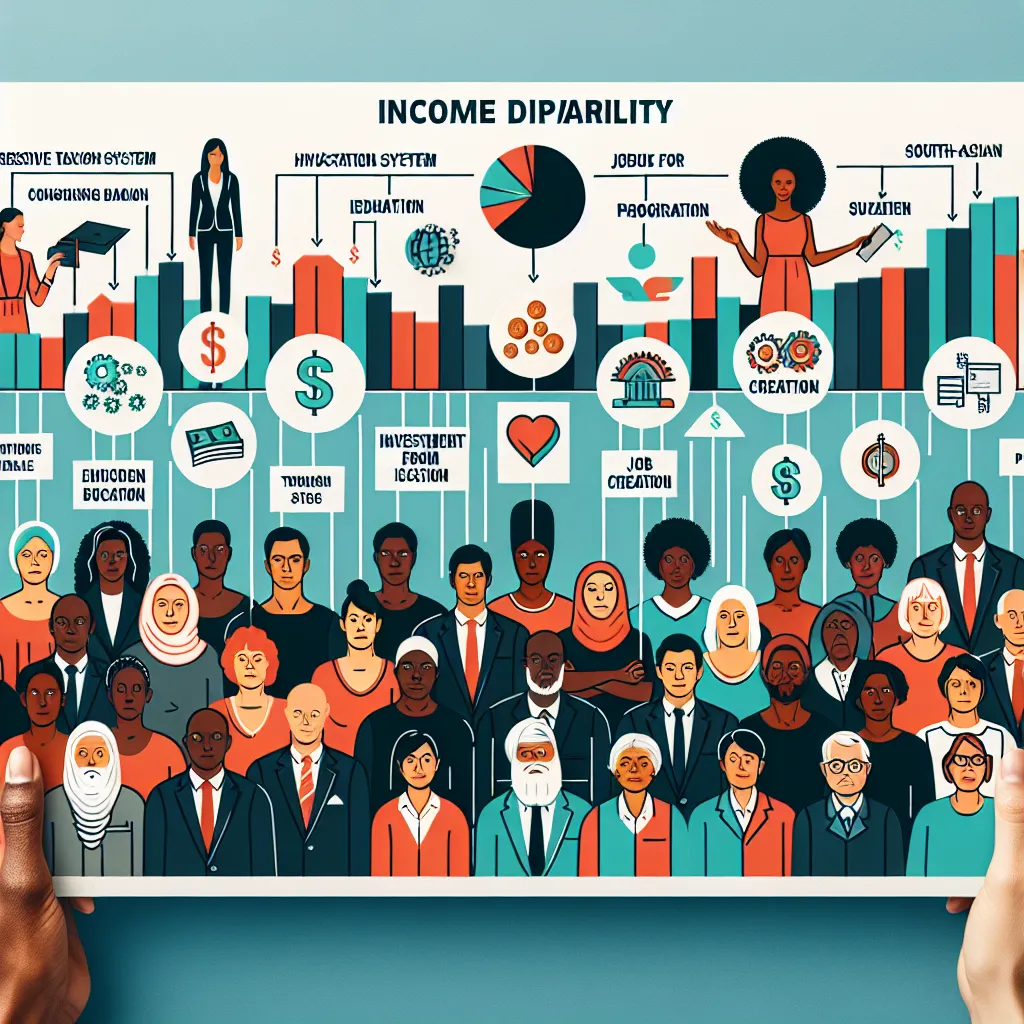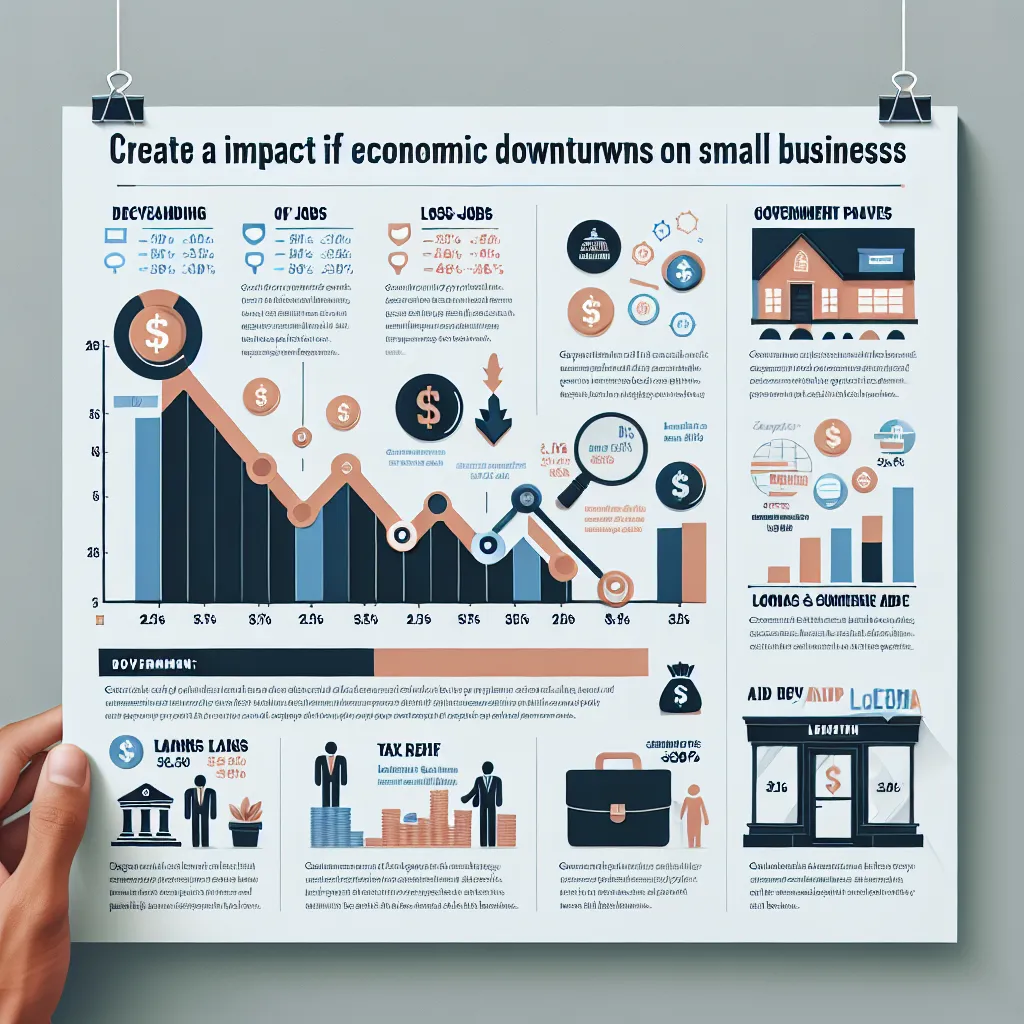Income inequality is a pressing global issue that frequently appears in IELTS Writing Task 2 essays. Based on recent trends and the significance of this topic, it’s highly likely that you’ll encounter a question related to addressing income inequality challenges in your IELTS exam. Let’s explore this topic in depth, providing you with valuable insights and sample essays to help you excel in your writing task.
Nội dung bài viết
Analyzing the Question
For this article, we’ll focus on a question that closely resembles those seen in recent IELTS exams:
Some people believe that governments should focus on reducing the gap between the rich and the poor, while others argue that economic growth should be the priority. Discuss both views and give your own opinion.
This question touches on the core of the income inequality debate, asking you to consider two contrasting viewpoints and form your own opinion. Let’s break it down:
- View 1: Governments should prioritize reducing income inequality
- View 2: Governments should focus on overall economic growth
- Your task: Discuss both perspectives and present your own stance
Sample Band 8 Essay
Here’s a high-scoring sample essay that effectively addresses the question:
Income disparity is a contentious issue in many societies, with some advocating for direct government intervention to narrow the wealth gap, while others argue for a focus on overall economic growth. This essay will examine both perspectives before presenting my own view on the matter.
Those who support government efforts to reduce income inequality argue that a more equitable society leads to better social outcomes. They contend that excessive wealth concentration can lead to social unrest, reduced social mobility, and decreased overall well-being. Proponents of this view often advocate for progressive taxation, increased social welfare programs, and policies that support the working class. They believe that by redistributing wealth, governments can create a more stable and harmonious society.
On the other hand, advocates for prioritizing economic growth argue that a rising tide lifts all boats. They maintain that by focusing on overall economic expansion, governments can create more opportunities for everyone, including those at the bottom of the economic ladder. This perspective suggests that policies encouraging innovation, entrepreneurship, and foreign investment will ultimately benefit all segments of society by increasing job opportunities and raising living standards across the board.
In my opinion, while both arguments have merit, a balanced approach that combines elements of both strategies is likely to be most effective. Governments should strive to create an environment conducive to economic growth while simultaneously implementing targeted policies to address income inequality. For instance, investing in education and skills training can both boost economic productivity and provide individuals with tools to improve their economic situation. Similarly, promoting inclusive growth strategies that focus on creating quality jobs across various sectors can help distribute the benefits of economic expansion more equitably.
In conclusion, addressing income inequality and fostering economic growth are not mutually exclusive goals. By adopting a nuanced approach that recognizes the importance of both objectives, governments can work towards creating prosperous and equitable societies that benefit all citizens.
(Word count: 309)
 Income inequality challenges
Income inequality challenges
Sample Band 6-7 Essay
Now, let’s look at a mid-range essay on the same topic:
Income inequality is a big problem in many countries. Some people think the government should try to make rich and poor people more equal, but others say growing the economy is more important. I will talk about both ideas and give my opinion.
People who want the government to reduce inequality say it’s important for a fair society. They think if some people are very rich and others are very poor, it can cause problems. For example, poor people might not have good education or healthcare. These people want the government to make rich people pay more taxes and give more help to poor people.
On the other hand, some people think it’s better to focus on making the economy bigger. They say if there are more jobs and businesses, everyone will benefit. They believe that if the country gets richer, poor people will have more chances to earn money and improve their lives.
I think both ideas are important. Governments should try to help poor people, but they should also try to make the economy stronger. For example, they could spend money on schools and training to help people get better jobs. This would help reduce inequality and also help the economy grow.
In conclusion, I believe governments should try to do both things – reduce inequality and grow the economy. This way, they can make life better for everyone in the country.
(Word count: 233)
Key Points to Remember When Writing
-
Structure: Both essays follow a clear structure with an introduction, body paragraphs discussing each viewpoint, the writer’s opinion, and a conclusion. The Band 8 essay demonstrates more sophisticated paragraph development and cohesion.
-
Vocabulary: The Band 8 essay uses a wider range of vocabulary and more precise language (e.g., “contentious issue,” “social mobility,” “progressive taxation”) compared to the Band 6-7 essay, which uses simpler terms.
-
Grammar: The higher-scoring essay exhibits more complex sentence structures and a greater variety of grammatical constructions, while the Band 6-7 essay relies on simpler sentences.
-
Analysis: The Band 8 essay provides more in-depth analysis and specific examples, whereas the Band 6-7 essay offers more general statements.
-
Coherence: Both essays maintain a logical flow of ideas, but the Band 8 essay demonstrates smoother transitions and more sophisticated linking words.
Important Vocabulary to Remember
Here are some key terms related to income inequality that can elevate your essay:
-
Income disparity (noun) /ˈɪnkʌm dɪˈspærəti/ – The difference in income between various groups in a society.
-
Wealth concentration (noun) /welθ ˌkɒnsənˈtreɪʃən/ – The process by which a small percentage of people control a large portion of wealth.
-
Progressive taxation (noun) /prəˈɡresɪv tækˈseɪʃən/ – A tax system where higher earners pay a higher tax rate.
-
Social mobility (noun) /ˈsəʊʃəl məˈbɪləti/ – The ability to move between different social classes or income levels.
-
Inclusive growth (noun) /ɪnˈkluːsɪv ɡrəʊθ/ – Economic growth that benefits all segments of society.
-
Wealth redistribution (noun) /welθ ˌriːdɪstrɪˈbjuːʃən/ – The transfer of income or assets from wealthier individuals to less wealthy ones.
-
Economic disparity (noun) /ˌiːkəˈnɒmɪk dɪˈspærəti/ – Significant differences in economic well-being between individuals or groups.
-
Socioeconomic status (noun) /ˌsəʊʃiəʊˌiːkəˈnɒmɪk ˈsteɪtəs/ – An individual’s or group’s position within a social structure based on income, education, and occupation.
Conclusion
Addressing the challenges of income inequality is a complex topic that requires careful consideration of various perspectives. By understanding the key arguments and using appropriate vocabulary and structures, you can craft a compelling essay on this subject. Remember to practice writing essays on similar topics, such as the role of education in combating digital inequality or how to address the social consequences of economic globalization. These related themes can help you develop a broader understanding of economic and social issues often featured in IELTS Writing Task 2.
To further improve your skills, try writing your own essay on the question provided in this article. Share your essay in the comments section below for feedback and discussion with fellow IELTS learners. This practice will help you refine your writing skills and gain confidence in tackling similar questions in your IELTS exam.


